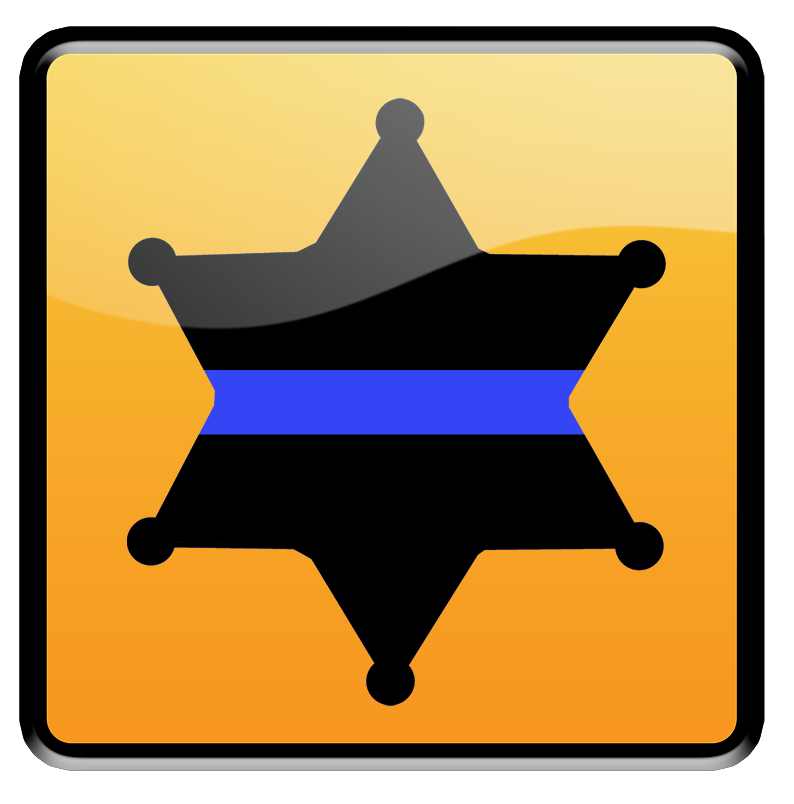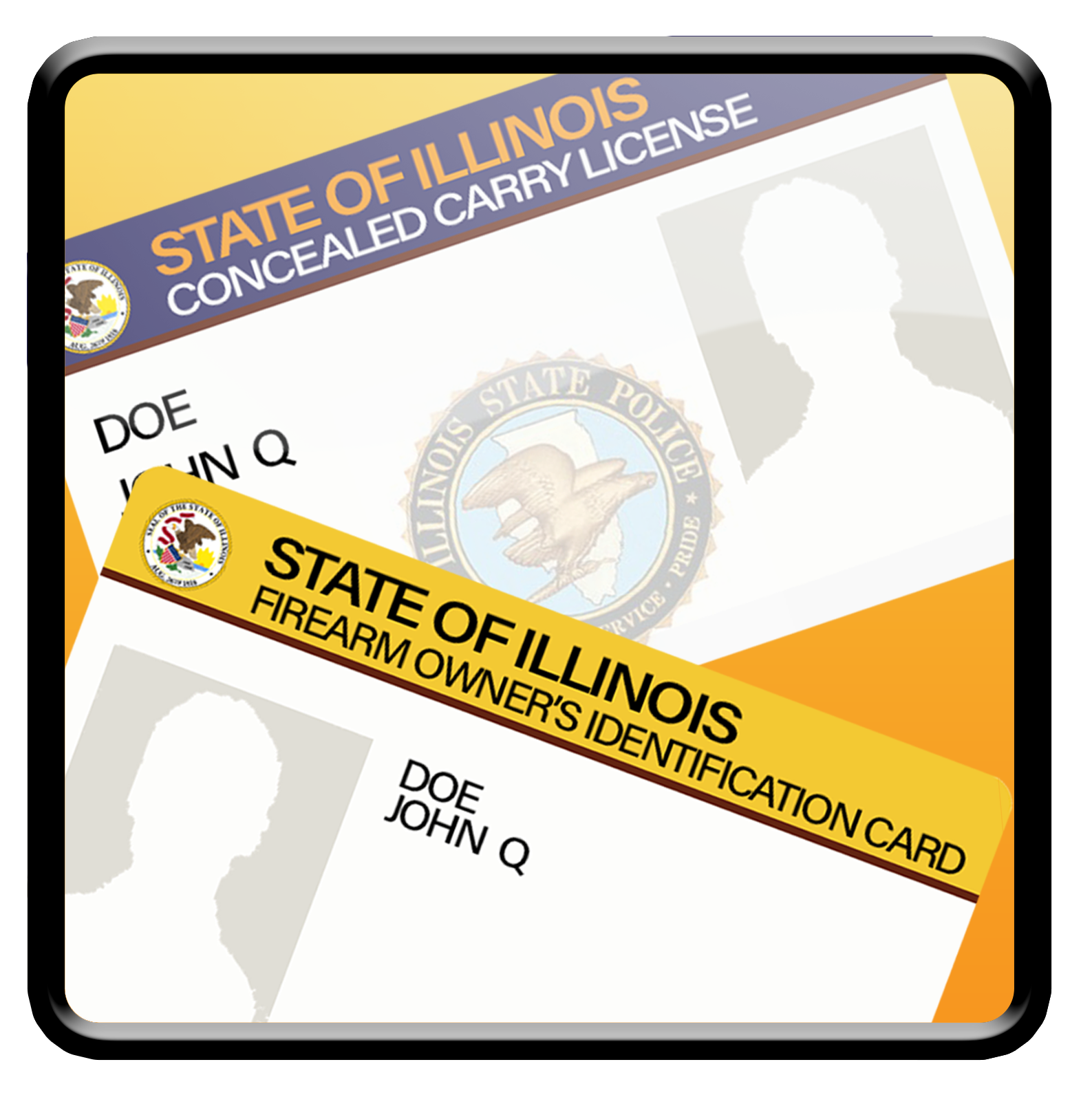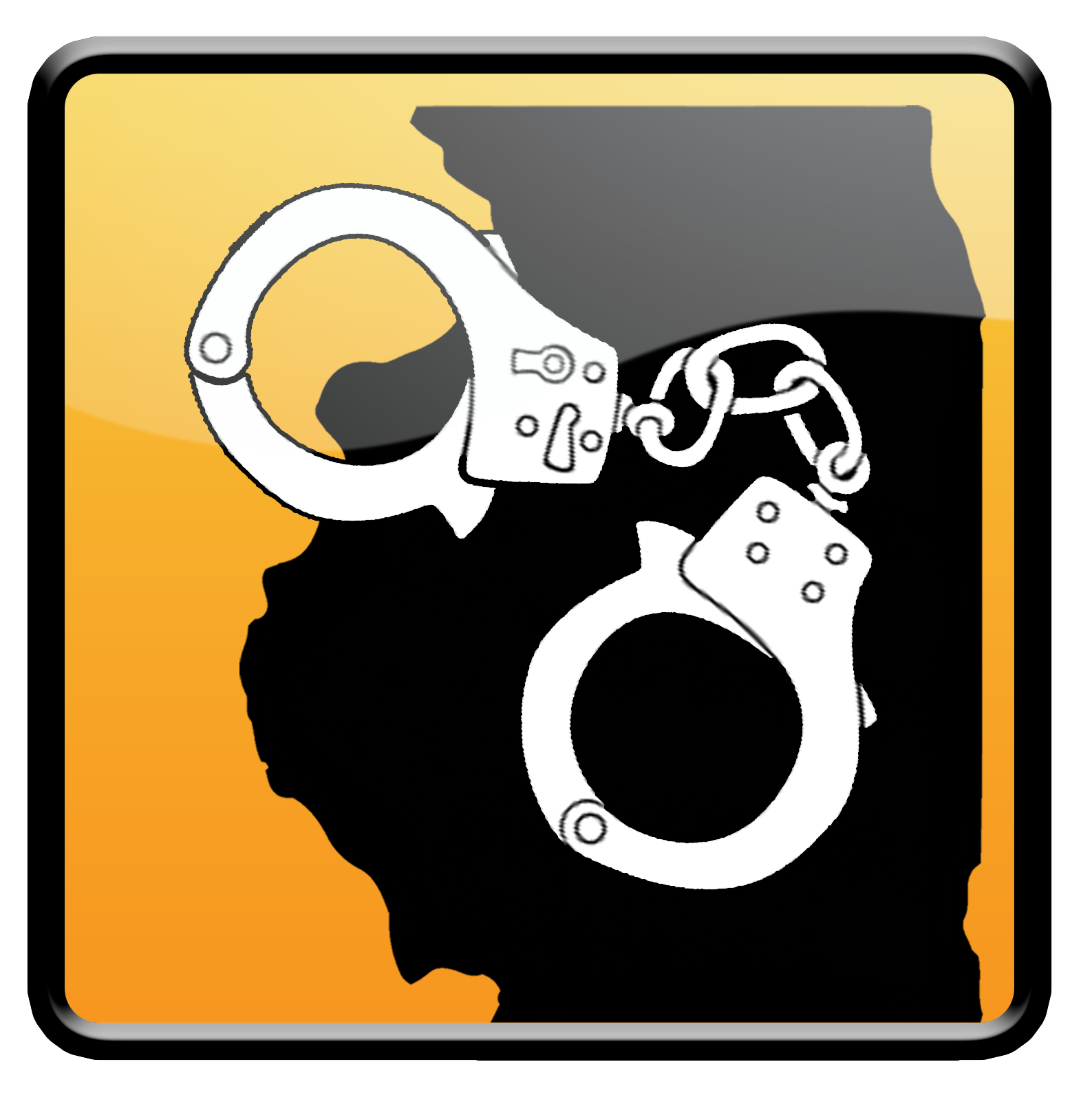Cadet Class Topics
The following are various Cadet class topics. Please click on any of the following links to learn more:
This course provides Cadets with basic animal abuse and neglect investigation knowledge. Illinois state law provides for felony penalties for
animal cruelty and animal fighting.
This course will provide Cadets with the skills needed to identify and interact with people on the autism spectrum and with other developmental
disabilities. With these skills, officers will be equipped to communicate more effectively with these individuals, whether they are encountered as
victims, witnesses, or suspects.
This course will train Cadets to save lives of victims in cardiac arrest through high-quality
cardiopulmonary resuscitation.
In this unit, the Cadet will be taught the types of infections/communicable diseases and the uuniversal precautions and equipment used to prevent
exposure to communicable/infectious diseases.
The Cadet is taught to conduct a valid breath test upon a subject to determine the percentage of alcohol in the subject's blood. Also, the Cadet
learns the proper method of conducting a field sobriety test to determine the extent of a subject's intoxication.
This course will provide an overview of the significance of accreditation within law enforcement
and will emphasize the benefits to the Illinois State Police.
Covers the proper procedure for presentation of evidence, search, or arrest warrant preparation and execution and reviewing case details with the
prosecution prior to trial. The Cadet will also learn methods of legal research and gain the ability to understand legal terms and their usage.
The emphasis of this course is on recognition of possible neglect, physical abuse and sexual
abuse cases. It is important the students understand the need for intervention when a problem
is apparent through proper reporting and referral procedures.
This course will educate Cadets about the Firearm Concealed Carry Act (FCCA), enforcement of
the Act, and how the Act impacts interactions between law enforcement officers and the public.
Cadets will learn about the psychological influences on crowd mob behavior. The course will cover the tactics protest groups use during a civil
disorder. Cadets will learn appropriate law enforcement responses needed to safely maintain order.
This unit will give the Cadet an understanding of the legal ramifications of his/her action, or inaction, upon himself/herself and/or the
department for which he/she works.
This course will provide the necessary skills to safely and effectively interact with the public
in a variety of routine and potentially hostile situations and environments.
Upon completion of this unit, Cadets will have fundamental knowledge of how to control subjects in the field and to defend themselves from armed
as well as unarmed attackers. The program is broken down into two phases. Phase one teaches the basics and phase two teaches the students to use
their techniques in a dynamic, ever changing environment.
In this course, Cadets will learn how patrol officers can facilitate the success of crime scene investigation by securing a crime scene, avoiding
crime scene contamination, and preserving evidence.
This course focuses on traffic safety enforcement and quality citizen encounters while educating
officers to utilize training and experience to recognize and investigate suspicious circumstances
and/or crime.
This unit will cover the responsibilities of the officer in addressing the law of arrest, search, and seizure; stop and frisk; admissions and
confessions; pretrial incarceration; evidence; and police power/authority. The Cadet will also concentrate upon learning criminal offenses as
defined in the Illinois Revised Statutes.
Officers must be prepared to analyze and effectively deal with crisis situations. Cadets will learn how to identify the underlying causes of
crisis situations, along with intervention techniques, in order to better prevent and deter crisis situations.
This unit of instruction trains the Cadet to handle emergency situations and properly supervise a critical incident until relieved by a supervisor.
Decision-making skills are developed with table top exercised to simulate the emergency situations.
Critical incidents can include officer involved shootings, investigations involving deaths of persons, responses to incidents involving mass
causalities (such as plane crashes), and natural disasters. Cadets will prepare themselves for critical incidents by learning about natural
physiological and psychological reactions following critical incidents, and how to mitigate those effects.
The purpose of this course is to provide students with an understanding of how being aware of
cultural diversity encourages more effective policing and teamwork in the workplace.
This course focuses upon the processes of arrest, booking, and detention. Measures to ensure
prisoner safety and minimize deaths in custody are also discussed.
This course will provide Cadets with general information regarding signs and symptoms of mental illness, in order to recognize opportunities for
de-escalation and obtain qualified medical assistance, while protecting public safety.
The Cadet will learn to identify examples and warning signs of domestic violence. The Cadet will learn to apply a victim-centered approach when
responding to domestic violence situations. The course will include techniques for identifying domestic violence offenders, as well as resources
for victims of domestic violence.
The objective of this unit includes teaching the Cadet to recognize various forms of narcotics and their effects, and to identify different types
of field tests to obtain a tentative identification of an alleged drug. The Cadet will also learn the different elements of the Cannabis Control
Act and the Controlled Substances Act.
This course will provide Cadets with a basic understanding of the unique differences involved in investigating a crime against an elderly person.
Cadets will learn about their responsibilities as mandated reporters of elder abuse, and will receive resources to help investigate crimes against
the elderly.
The Cadet will learn to give immediate care to a person who has been injured or suddenly taken ill and become certified in Emergency Medical Responder and CPR.
In this unit, the Cadet will learn to identify proper procedures for defensive driving, anticipation of unusual or unexpected situations, and
determining appropriateness of engaging in high-speed driving. Also, the Cadet will learn the different aspects of operating a departmental squad
car.
The primary purpose of this course is to ensure police trainees understand the ethical and moral
standards expected of police officers both personally and professionally, as well as the
consequences for failing to adhere to such standards.
This course is designed to inform the officer of potential dangers of explosive devices he/she may encounter during a routine stop or contact with
the public.
This course is
The purpose of this course is to provide the Cadet with knowledge and skills related to
techniques for identifying the impaired driver, including driving behavior and physical behavior,
and procedures for administering field tests to determine driver sobriety. This course will
develop officer knowledge and skills necessary to correctly administer and score the National
Highway Safety Administration’s (NHTSA) Standardized Field Sobriety Tests.
The purpose of this course is to provide proper procedures for palm printing and the ability to
obtain clear, legible prints for comparison.
The Cadet will learn departmental rules regarding qualifications with issued firearm arms and safety rules. The Cadet will become very familiar
with the department issued Glock 22/23 pistol, Remington Model 870 shotgun, as well as trained with a rifle. The Cadet will be required to qualify
with their issued weapons prior to graduation from the Academy.
The course will provide an overview of the Firearm Owner’s Identification Act (430 ILCS 65/) relating to citizen purchase and ownership of
firearms and ammunition.
This course is to familiarize new officers with the existence and dynamics of criminal street and criminal motorcycle
gangs.
Illinois law makes hate crime a specific criminal offense. The purpose of this course is to strengthen the knowledge and skills of officers by
providing up-to-date information and strategies for identifying, investigating, and prosecuting these crimes.
In this unit, the Cadet will be acquainted with the proper procedures to be followed when confronted with a hazardous materials scene such as a
truck spill. Also, the Cadet will learn information relating to motor carrier vehicles and their safety maintenance.
The purpose of this course is to familiarize new police officers with the current threat
environment, the overall Homeland Security effort in the United States, and how these efforts
relate to public safety agencies at the local, state, and federal levels.
The goal of this course is to assist the officer with indicators involved in the detection and
prevention of human trafficking, to include: sex, labor, and child exploitation.
The Cadet will develop a broad understanding of the historical development and current structure of the ISP.
This unit will discuss the three common means for arriving at identification of a suspect and will acquaint the Cadet with the legal challenges to
these identification procedures.
The course will provide an overview of the Illinois Firearms Concealed Carry Act (430 ILCS 66/). Cadets will learn when and how a citizen may
lawfully carry a concealed firearm, and the protocols for officer encounters with citizens carrying concealed firearms.
This course will focus on Article V of the Illinois Supreme Court Rules. Article V addresses court proceedings and bail schedules for traffic
offenses, conservation offenses, ordinance offenses, petty offenses, certain misdemeanors, and civil law violations.
The Cadet will become very familiar with the elements of the Illinois Vehicle Code and its enforcement. Also, the Cadet will be presented several
hypothetical traffic situations and be requested to identify the violations taking place in each.
The Illinois State Police Act (20 ILCS 2610/30) requires all ISP patrol vehicles to be equipped with video recording equipment to be used during
enforcement activity. During this course, Cadets will learn to use cameras not only as a tool for gathering evidence, as an instrument for
improving transparency and accountability, and strengthening public trust.
This course focuses on interrogation techniques which are utilized in an interview after the
investigation has narrowed its focus to a suspect.
The purpose of this course is to ensure Cadets develop a set of interviewing skills that will assist
the officer in gathering information from witnesses and victims
The purpose of this course is to discuss and explain generally the following: traffic law is mala
prohibita; generally that the element of intent is not a part of a traffic offense; strict
construction of the wording of traffic laws; procedures for charging a traffic offense; application
of Miranda warning to traffic cases; requirements for registering vehicles, licensing drivers, and
required vehicle equipment; the most frequent problems encountered in traffic enforcement.
In this course, Cadets learn to use radio equipment to request information available from criminal justice data systems.
The purpose of this course is IWIN policy relating to officer duties and responsibilities, how to
care for and clean the MDC & peripherals, how to evaluate problems and pursue appropriate
help for issues with their MDC and related equipment, access the IWIN network and fully
understand all of the components including the Law Enforcement Assistance Data Systems
(LEADS) and messaging modules.
This unit will provide the Cadet with a basic knowledge of the Juvenile Court Act including current amendments, procedures affecting juvenile
justice, and understanding the scope of the delinquency problem.
The Cadet will be instructed in the definitions and requirements for dealing with admissions and right to counsel.
The Cadet will acquire an understanding of an ISP sworn officer's duties and obligations regarding arrests, searches, and seizures which are
derived from case law, Criminal Code of 1961 and ISP policy.
The problem of child abuse is frequently encountered by law enforcement officers. It is a complex social issue demanding medical, social, legal
and educational services. The emphasis of this course is on recognition of possible neglect, physical abuse and sexual abuse cases. Cadets will
learn about the need for intervention when a problem is apparent.
The purpose of this course is to ensure Cadets will be able to apply Federal Motor Carrier Safety
Rules and procedures to successfully conduct and complete a Level III inspection.
The purpose of this course to ensure Cadets are familiar with the techniques for identifying the
stolen motor vehicle and conducting an effective investigative process.
This course will provide Cadets with the basic understanding of trauma, signs and symptoms of
PTSD, and how to use this information to better serve and provide assistance to the community.
The goal of this course is to provide law enforcement officers with the skills needed to identify a
person who has been convicted of a registerable offense under the Illinois Sex Offender
Registration Act or the Illinois Murderer and Violent Offender Against Youth Registration Act.
This course focuses on ways that law enforcement officers can maintain optimal wellness
(physical and emotional) throughout their careers.
The purpose of this course is to ensure Cadets will develop an understanding of the Peer
Support Program, the Employee Assistance Program (non AFSCME members) and the Personal
Support Program (AFSCME members) to include how to access these programs and their
purpose within the Agency.
Throughout the Cadet's training he/she will complete rigorous physical training. Fitness tests are conducted and the Cadet is required to pass the
tests. The objective is not only to get the Cadet in top physical condition, but to leave the Cadet with an attitude of wanting to remain in
condition throughout his/her career.
The goal of this instruction is to provide sworn Illinois State Police (ISP) personnel and cadets
with a basic knowledge and skillset necessary to perform the Precision Immobilization
Technique (P.I.T.) and Rolling Roadblock maneuvers.
This unit focuses on ways law enforcement officers can maintain optimal wellness (physical and emotional) throughout their careers. This unit
addresses shiftwork, sedentary habits, and eating on the run as serious threats to officer wellbeing and considers tactics for optimizing health
in these areas. Social support inside and outside the work environment, is presented as a necessary investment for overall wellbeing.
This course helps Cadets understand the core concepts of police legitimacy and procedural justice in order to build better relationships within
the communities they serve.
The Cadet will be taught the theory behind both the radar and lidar units as speed measuring devices. Also, the Cadet will be required to pass the
radar certification course.
Officers may be called upon to respond to the scene of an active shooter incident at varied locations around the state. These active shooter
incidents necessitate the immediate intervention of law enforcement in order to stop the active shooter and protect the citizens of the state of
Illinois. ISP This course will train Cadets to work effectively with other law enforcement officers to bring about the swift resolution to the
active shooter incident.
The Cadet will learn how to use a standard police radio and specific codes/language associated with its use. Practical applications are used to
evaluate the Cadet's ability to demonstrate his/her proficiency.
The Cadet will be taught the correct procedures in completing departmental reports such as traffic citations, crime and incident reports, and
accident reports. Concentration will also be given to the need to write concise and factual summaries of interviews.
Upon completion of this unit, the Cadet will possess a functional working knowledge of his/her duties and responsibilities regarding the treatment
of persons in custody.
The purpose of this course is to prepare Illinois State Police Cadets to apply the Department’s
Rules of Conduct and Values, Mission, and Goals to both work and to “off-duty” situations.
A foundation will be established for the Cadet to understand the meaning and importance of evidence, the various types of evidence, and the legal
restrictions imposed by the court relative to the introduction of evidence at trial.
The purpose of this course is to explain the legal requirements for initiating a traffic stop on a
second division vehicle for weight, size, or permit violation; determine if a violation under
second division vehicle laws has occurred; and demonstrate appropriate procedures to be taken
when a violation has been committed.
This course will familiarize Cadets with the complexities of sexual assault investigations, including the misperceptions about sexual assault
victims and offenders which may make victims reluctant to report the crime. The course addresses how trauma impacts the manner in which victims
are able to report, how best to support sexual assault victims during their encounter with law enforcement and the criminal justice system, and
how to focus on offender behaviors to hold offenders accountable.
This unit will describe and enable the Cadet to recognize the early symptoms of oncoming stress and the major physiological changes that occur
under stress.
This course will provide Cadets with the appropriate information to successfully identify signs and symptoms of an opiate overdose, and the
medical intervention skills utilized to safely and successfully reverse an opiate overdose and sustain life until more advanced medical care
is available.
The purpose of this course is to provide the basic operational theory and practical training to
reasonably, safely and effectively operate TASER Conducted Electrical Weapons (CEWs) in
accordance with ISP Policy.
This unit entails all aspects of motor vehicle traffic crash investigation including procedures, policies, and report preparation. Accident
scenes are simulated requiring the Cadet to demonstrate his/her new skills and knowledge.
The goal of this course is to train cadets to utilize MACH and the Traffic and Criminal Software
(TraCS) Program to complete all forms required of them while on patrol.
The purpose of this course is to ensure Cadets know how to properly respond to a roadway
incident, protect the roadway incident by establishing a block vehicle, recognize the importance
of high visibility clothing and its relation to scene safety, the proper use of traffic control
devices, the proper use of emergency vehicle lighting, and how to properly set up a compliant
traffic incident management area.
The primary purpose of this course is to prepare the officer to safely and effectively discharge
the duties of his office under routine circumstances. This unit of instruction is intended to
develop student ability to perform safe, effective vehicle stops, and to control or arrest the
occupants of the vehicles.
The purpose of this course is to provide students with an understanding of what is Biased-Based
Policing and how it can negatively impact the public’s perception of law enforcement officers.
This block of instruction will discuss the laws regarding the use of deadly force. This course focuses on officer behavior and decision-making
in order to reduce the risk to citizens while maintaining officer safety.
Upon completion of this unit, the Cadet will understand the importance of, and demonstrate skills in, scanning all traffic stops for drug
interdiction opportunities.
The purpose of this course is to prepare Cadets to safely and effectively discharge the duties of
his office under high stress circumstances. This course is intended to develop the Cadet’s ability
to perform safe, effective vehicle stops, and maintain their officer safety while controlling or
arresting the occupant or occupants in vehicles.























